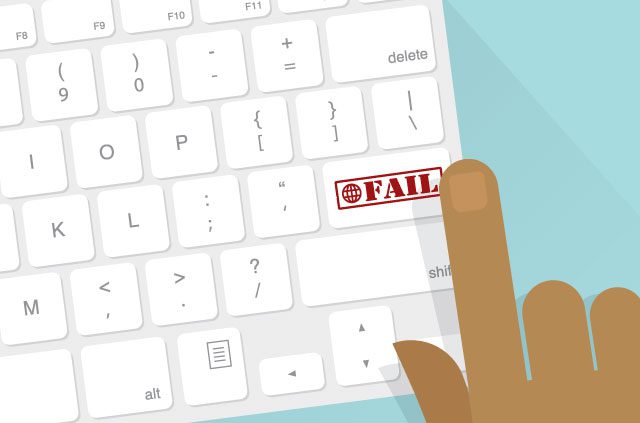
With its many predecessors and common interchangeable terminology, it’s hard to pin the internet’s birth date precisely, though it’s fair to say that in the mid-1990s the internet began to enter the mainstream of society and business.
While the internet may not have reached its pinnacle by the early 2000s, it had surely reached every ear when the 2001 Dotcom Bubble burst wiped out US$1.7 trillion in internet stocks.
Now, with 4 billion internet users globally, and over 2.3 billion smartphones out there, the internet has a big impact on all our lives.
But how does the internet’s performance stack up against its early promises? Has it fulfilled our dreams and expectations?
What was the internet supposed to be?
Admittedly, the internet didn’t promise us anything, but at the same time, there were promises about what it could do. At the very least, we expected the internet to transform the world in a certain way.
Shortly after the collapse of the Dotcom Bubble, James Fallows summarized some popular internet expectations in the New York Review of Books. Did his predictions, both good and bad, come to pass?
Fail: The truth will make people free
Fallows writes “elections will become more about “issues,” as voters can more easily investigate each candidate’s position.” And “the government will become more honest, as the role of money is exposed.”
“the government will become more honest, as the role of money is exposed.”
We laugh but are also a bit sad about this statement. Thinking of some of the more recent feces-flinging political campaigns, we can’t possibly imagine how the internet may have made elections cleaner and voters more informed.
While it has become a lot easier to spread useful information about a candidate (and bypass the potentially biased and corrupt gatekeepers of mainstream media), it has also become far easier to spread misinformation and lies.
The aware reader may be better informed than ever, but those who can’t afford to research wild statements and memes back to their sources are left to trust others to disseminate information. Except that this someone is your racist uncle, and he now has a Youtube vlog with one million subscribers.
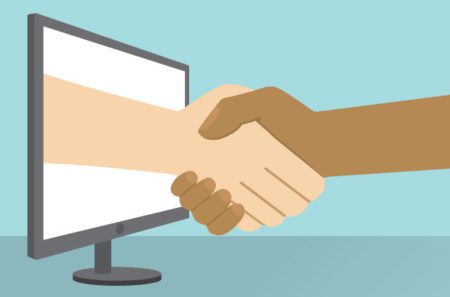
Maybe?: People in different cultures will become more tolerant as they build electronic contacts across traditional borders
It has never been easier to share stories from the ground of foreign cultures and civilizations, but has this made people more or less racist?
In Sri Lanka, a heated debate in an otherwise not too authoritarian country asks whether social media could be to blame for viral anti-Muslim hate speech that has riled up violent Buddhist extremists enough to attack their fellow citizens.
Extremist groups from ISIS to the American Nazi Party have quickly become social media-savvy and use chat groups, forums, and blogs to recruit new members for their hateful causes.
Only in few cases have political extremists been able to fundamentally undermine democratic societies through the effective use of the internet, however.
A glimpse of hope is that what we see online is just amplified drama, not a succinct threat.
Fail: Virtual friends and associates will replace families and communities
It has become far easier to meet people online, may it be to discuss niche topics, make friends, or live out obscure fetishes and fantasies.
But does this weaken or strengthen communities, which are no longer constrained by physical meetings, long commuting times, and other obligations?
How much has the internet brought together families that are scattered across the country or allowed long-distance relationships to survive? How common is the concept of a ‘family WhatsApp group’ really, in which dozens of distant cousins and generations can always chat in their mother tongue, regardless of the community they grow up in, or where in the world they currently reside?
Fail: We all read the Daily me
In his article, Fallows recites Nicholas Negroponte’s concept of the Daily Me—a hypothetical daily newspaper curated for the individual. The prediction that in the future we will perfectly personalize our online space has been fascinating particularly editors for a long while. Fallows writes:
“In reality, we are not so very far from the complete personalization of the system of communications.”
Perhaps this is close to the reality of today’s internet, but one important detail is off. On most of the personalized internet, it is not us that curate the space. Instead, we have delegated this role to the algorithms of surveillance giants.
Google personalizes our search results based not on what we want to see, but on what Google wants us to see. Their incentive may be to get us to come back for more, but only so we click, buy, and reveal more of ourselves.
Facebook, too, dictates what we get to see. They show us posts that we are more likely to engage with, even if it’s just with a like or an angry emoji. Facebook has admitted (and poorly apologized for) using a feature that allowed them to manipulate our emotions by filtering what’s shown in our feed.
The internet is our daily edition of the Daily Me, but we are not the editors. We are not even the customer, and barely the reader. Instead, the Daily Me is just the carrot in front of us, leading us to the nearest shopping mall.
Is the internet a failure?
It may appear from the above predictions that the internet has failed at each of its promises (though failing to tear families apart is probably not a bad thing).
The internet has not changed our lives or the economy at the fundamental level that we often expected.
A lot of the positive change has happened on the margins of society, where it may be more difficult to find representative stories and quantitative data. Anybody who doesn’t feel represented in the mainstream can now to reach out to like-minded people (anonymously and safely, too).
The internet likely did not change who we are at our cores—it did not turn bigots into charitable do-gooders or make politicians honest—but it certainly made it easier than ever to judge someone by their tweets.
Take the first step to protect yourself online. Try ExpressVPN risk-free.
Get ExpressVPN

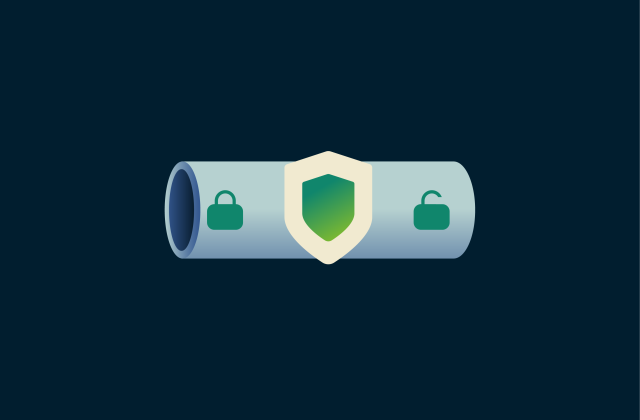
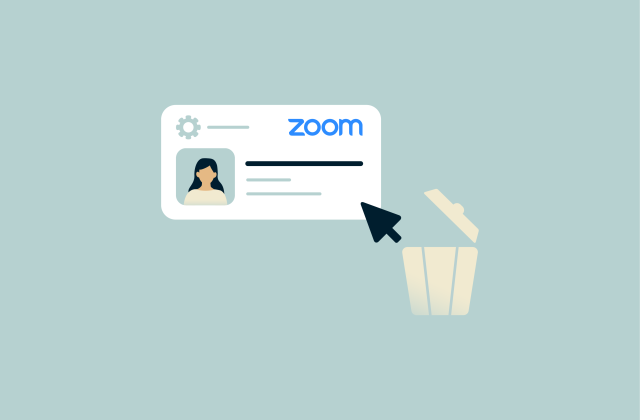
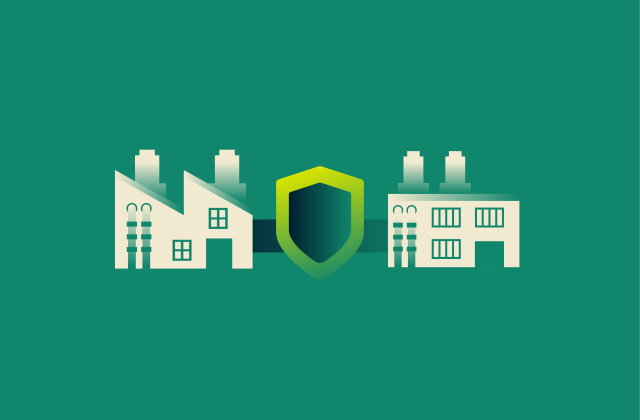
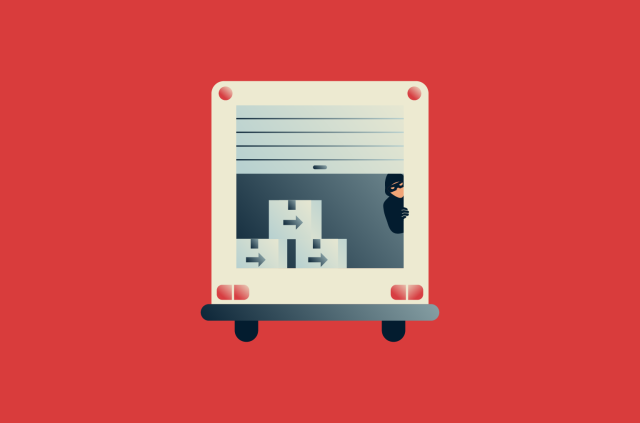
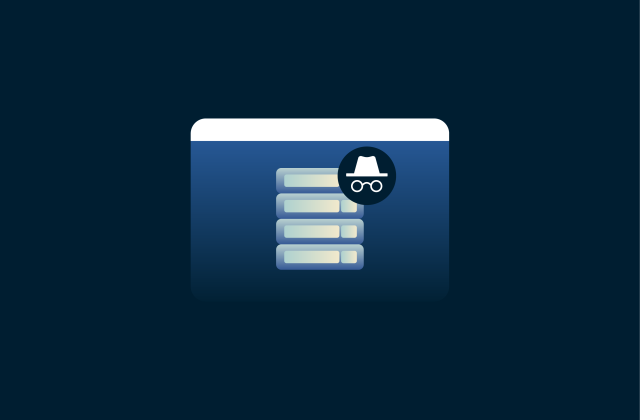
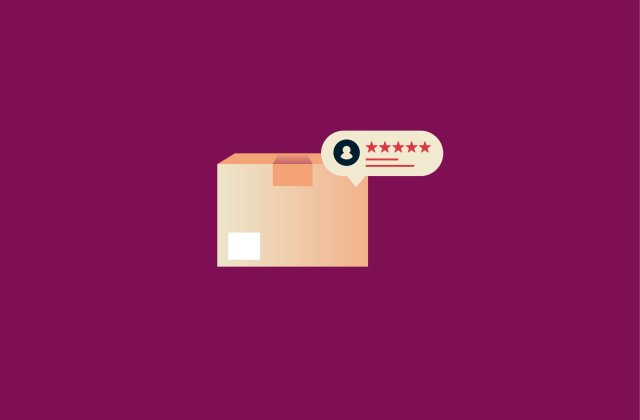
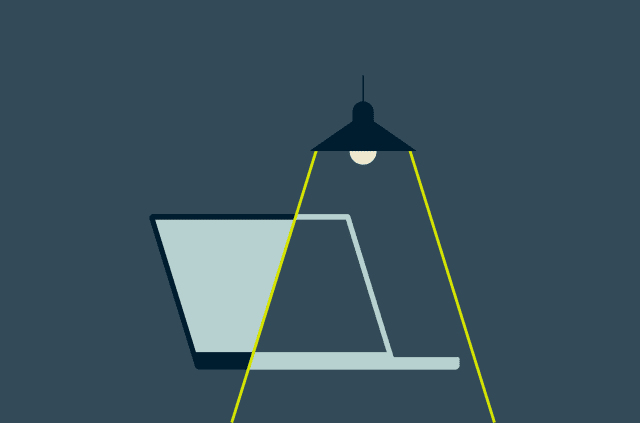
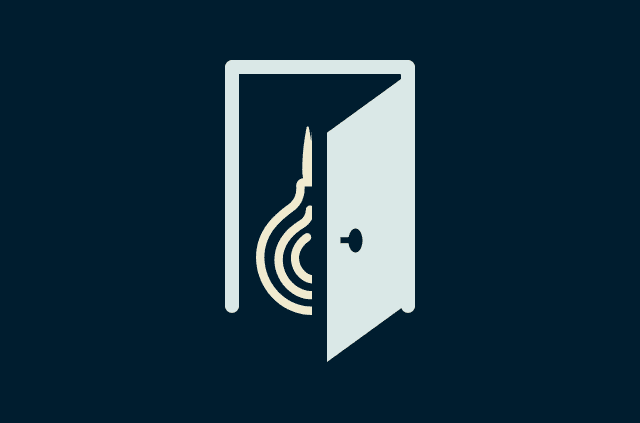
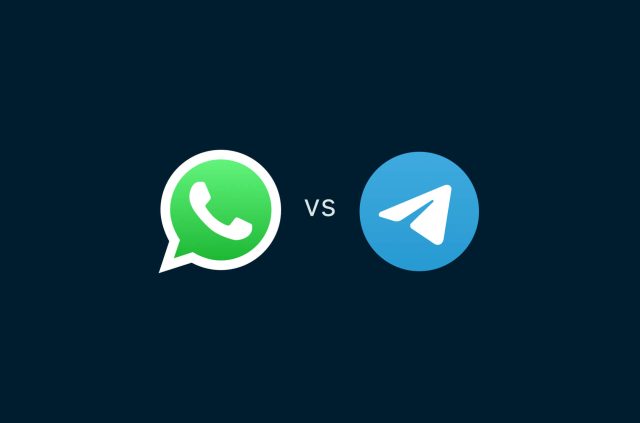
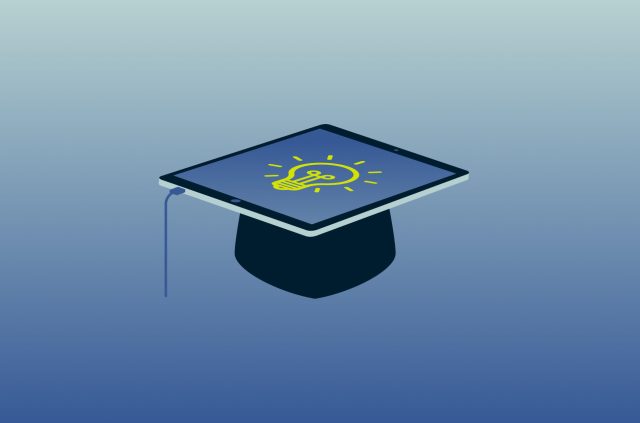
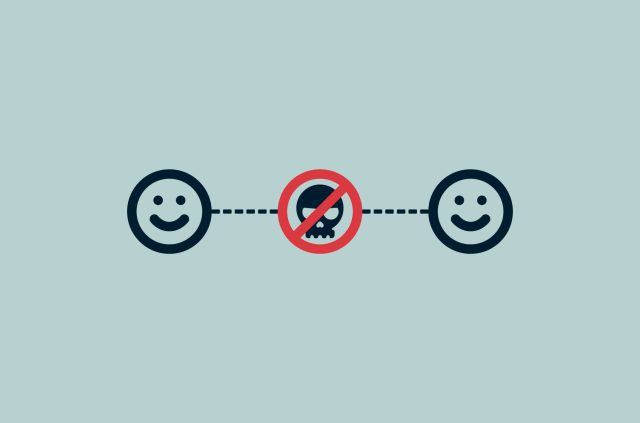
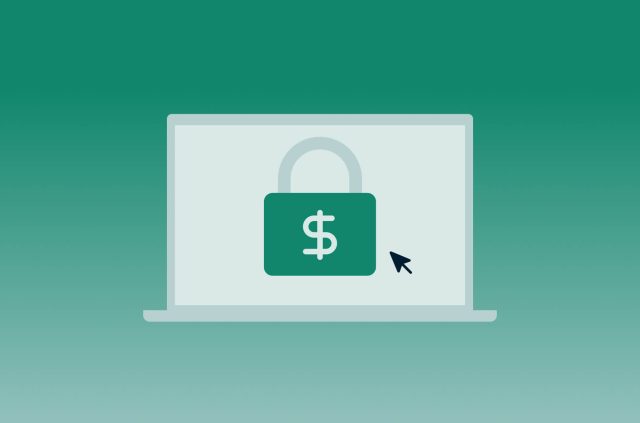
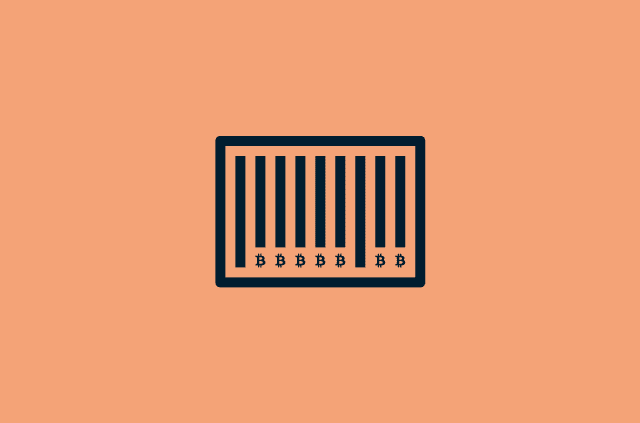
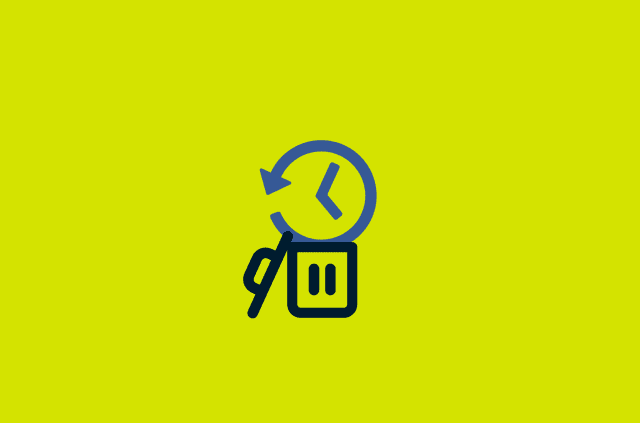




Comments
This is great content Lexie! What inspired you to come up with this great angle to look at the internet from a fresh perspective?
Excellent insights, comparisons, and well contrusted post!
Plenty food for thought !!! Great insight.